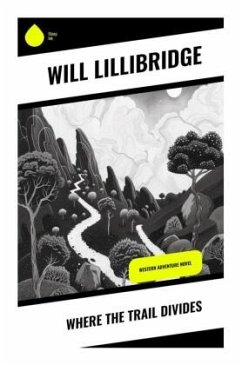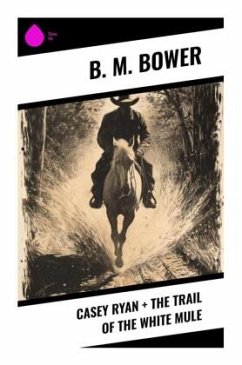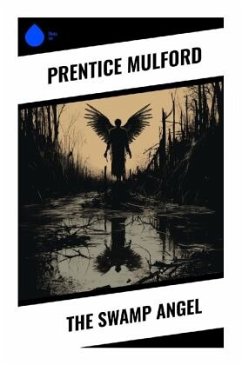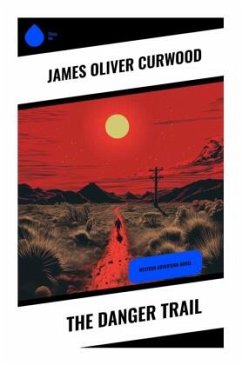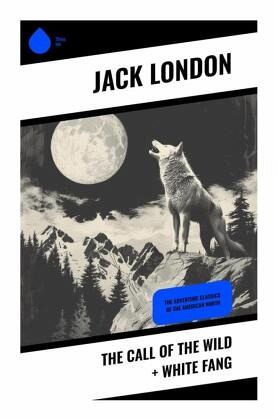
The Call of the Wild + White Fang
The Adventure Classics of the American North

PAYBACK Punkte
0 °P sammeln!
In "The Call of the Wild" and "White Fang," Jack London presents a compelling exploration of survival, instinct, and the raw interplay between nature and civilization. Both narratives embody London's hallmark naturalistic style, immersing readers in the harsh realities of the wilderness and the primal instincts that govern animal behavior. Through vivid descriptions and a taut, immersive prose, London captures the struggles of Buck, a domesticated dog thrust into the brutal Yukon Gold Rush, and White Fang, a wild wolf-dog navigating the complexities of survival in a human-dominated world. Thes...
In "The Call of the Wild" and "White Fang," Jack London presents a compelling exploration of survival, instinct, and the raw interplay between nature and civilization. Both narratives embody London's hallmark naturalistic style, immersing readers in the harsh realities of the wilderness and the primal instincts that govern animal behavior. Through vivid descriptions and a taut, immersive prose, London captures the struggles of Buck, a domesticated dog thrust into the brutal Yukon Gold Rush, and White Fang, a wild wolf-dog navigating the complexities of survival in a human-dominated world. These works serve as reflections on the elemental forces of life, questioning the boundaries between man and nature while commenting on the social constructs of Victorian society. Jack London (1876-1916), an influential American author and adventurer, drew heavily from his own experiences in the Klondike Gold Rush and his profound love for nature. His early life was marked by poverty and hardship, which catalyzed his understanding of the struggle for survival, a theme that resonates throughout his works. London's deep appreciation for the natural world, paired with an acute awareness of societal issues, informed the philosophical underpinnings of both tales, making them profound insights into the human and animal experience. These powerful novellas offer readers a captivating journey into the heart of wilderness adventure and existential inquiry. Highly recommended for those interested in both literary mastery and the philosophical undercurrents of nature, London's dual narratives provide timeless reflections on the instinctual drives that connect all living beings. Whether you are a lover of classic literature or seeking a thought-provoking read, "The Call of the Wild" and "White Fang" remain essential explorations of the enduring human spirit.







